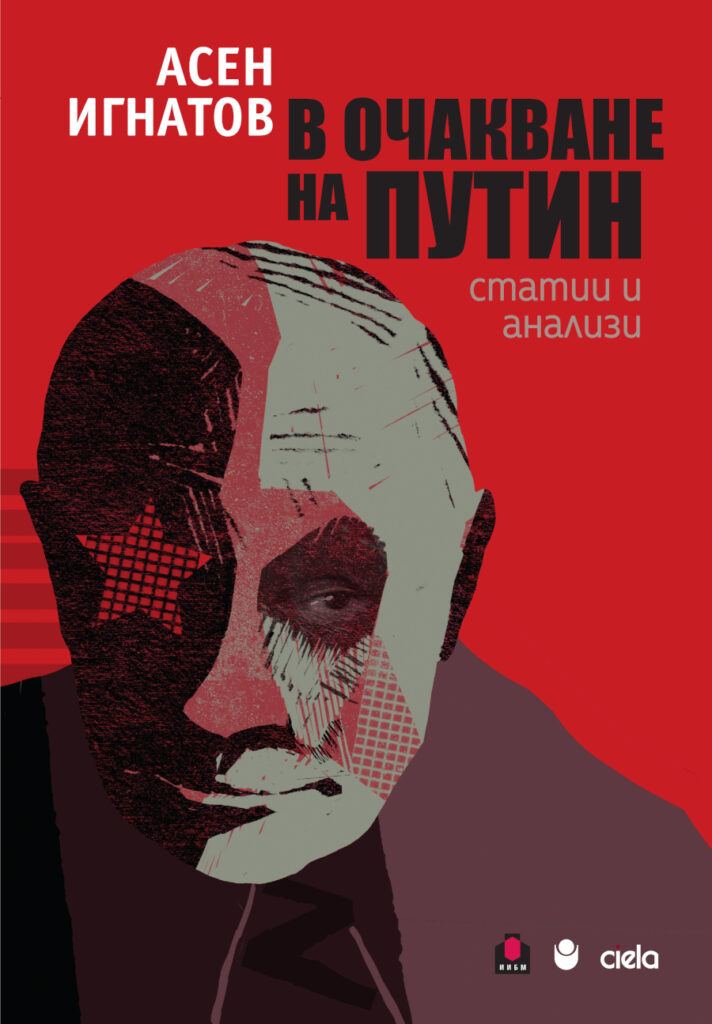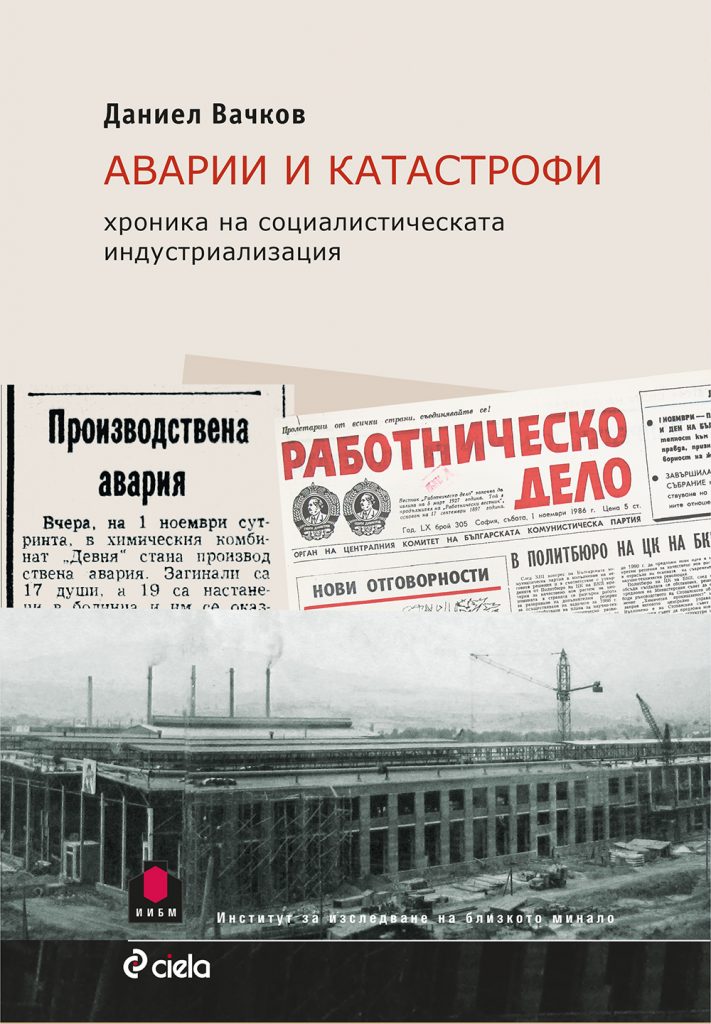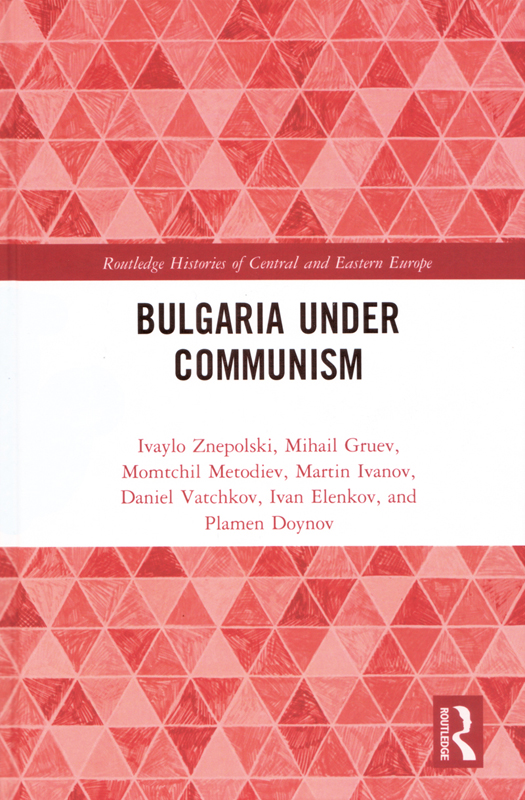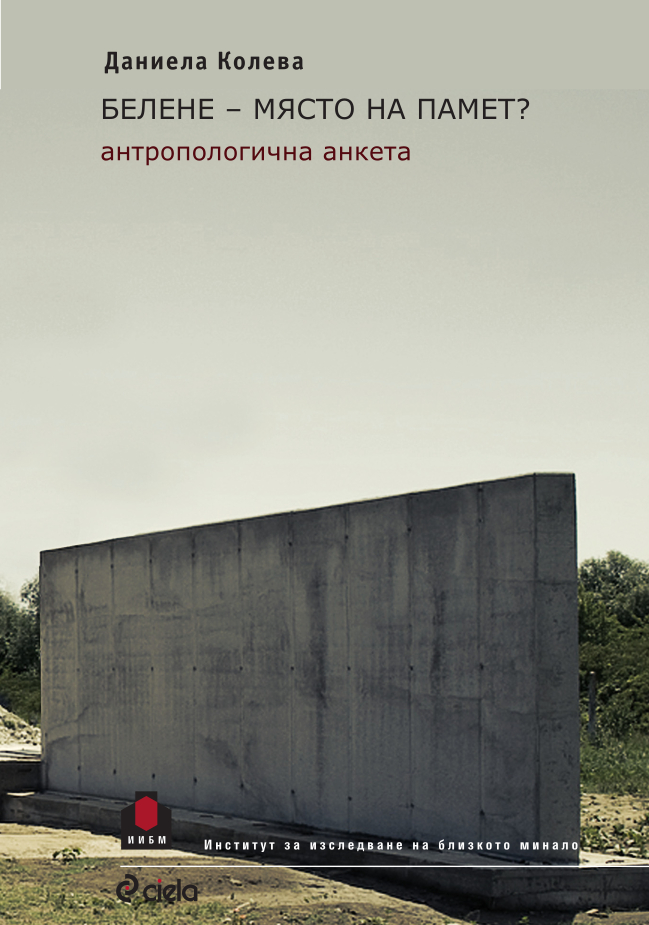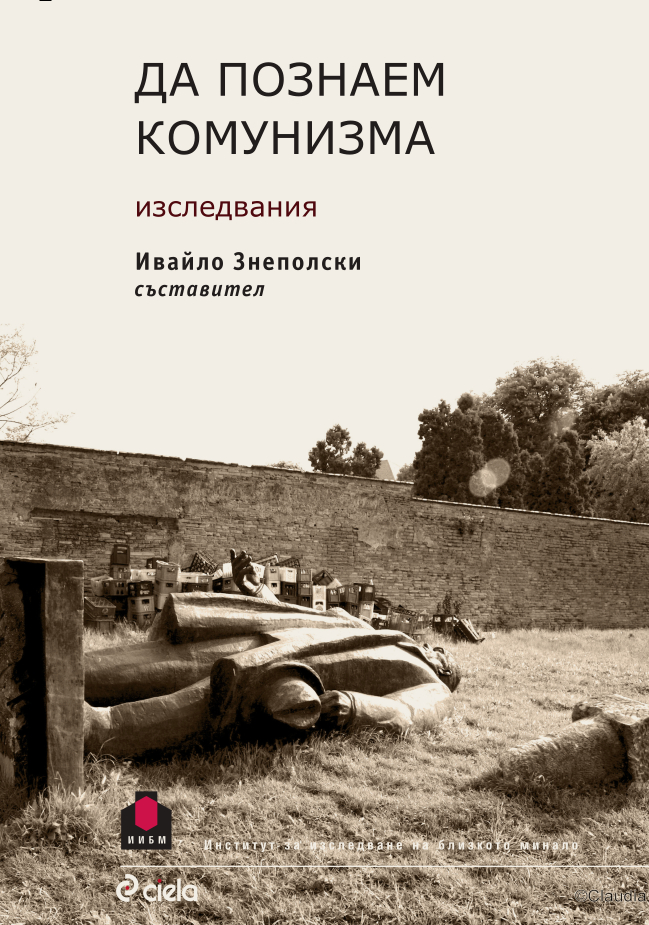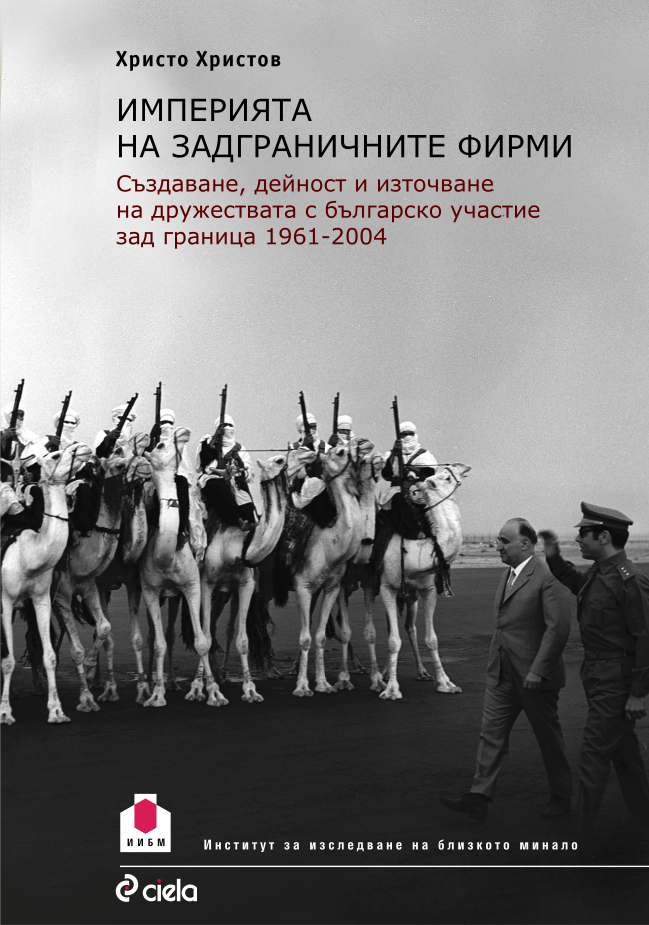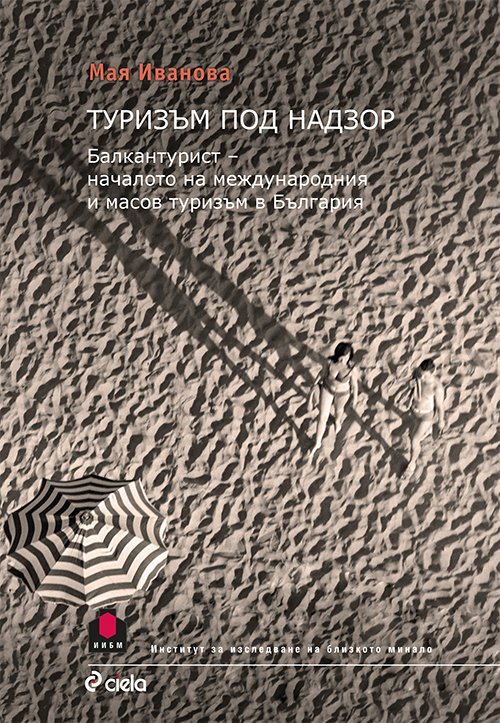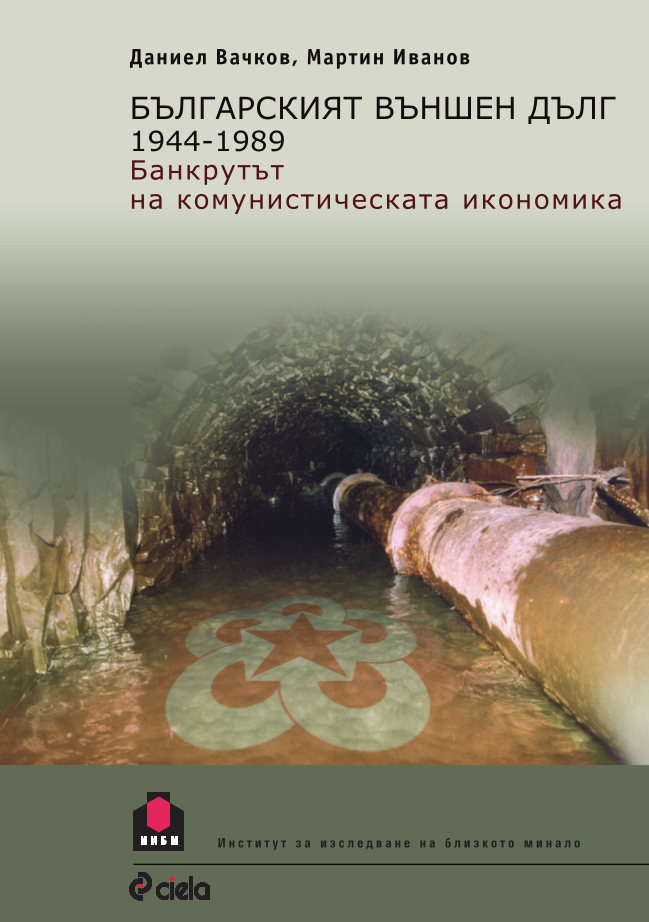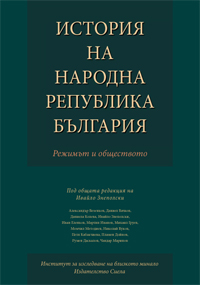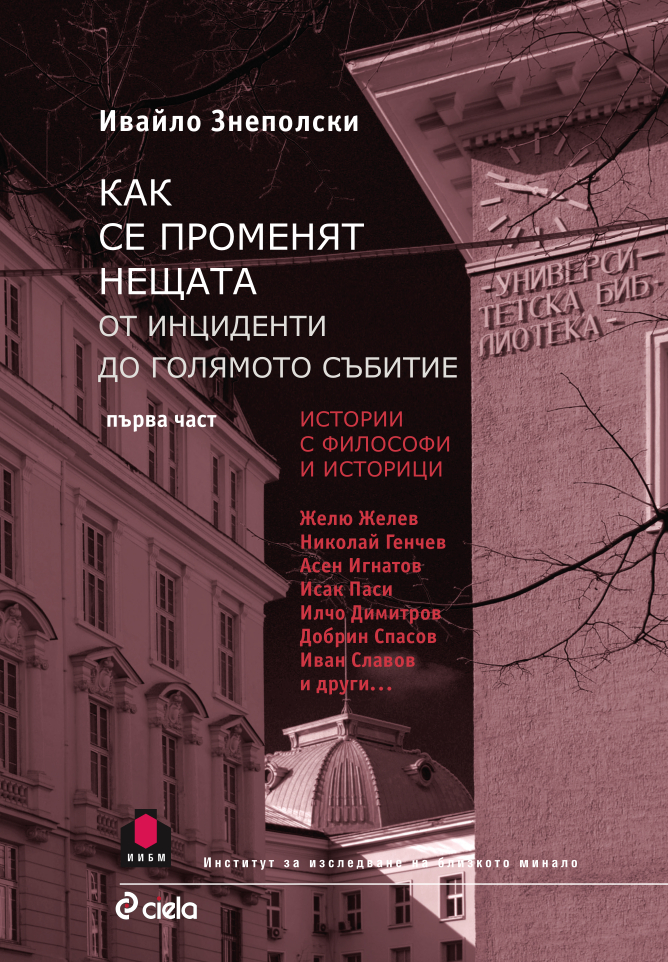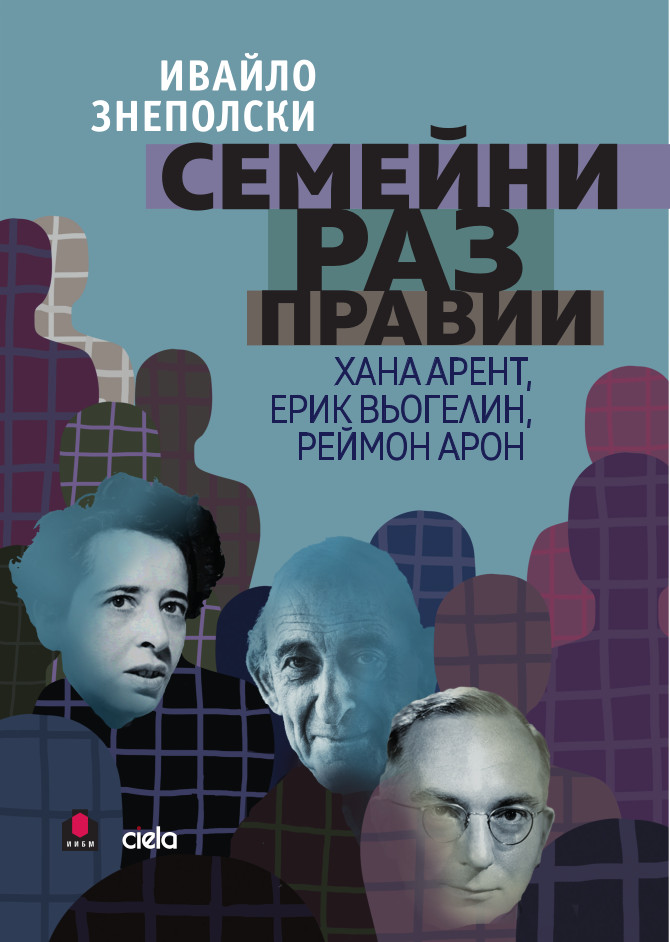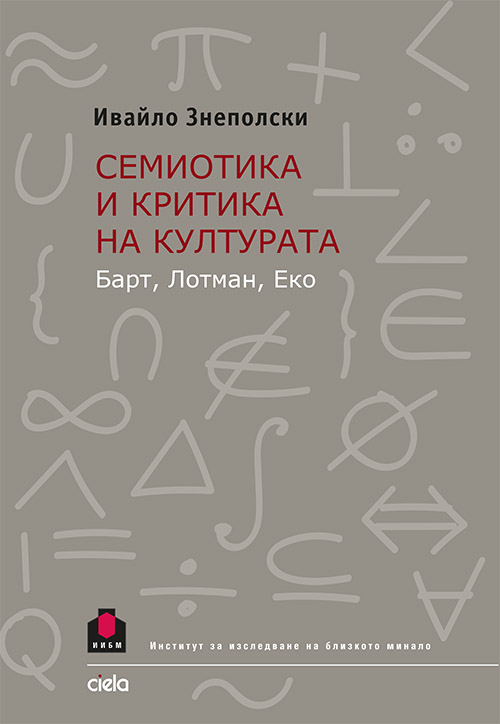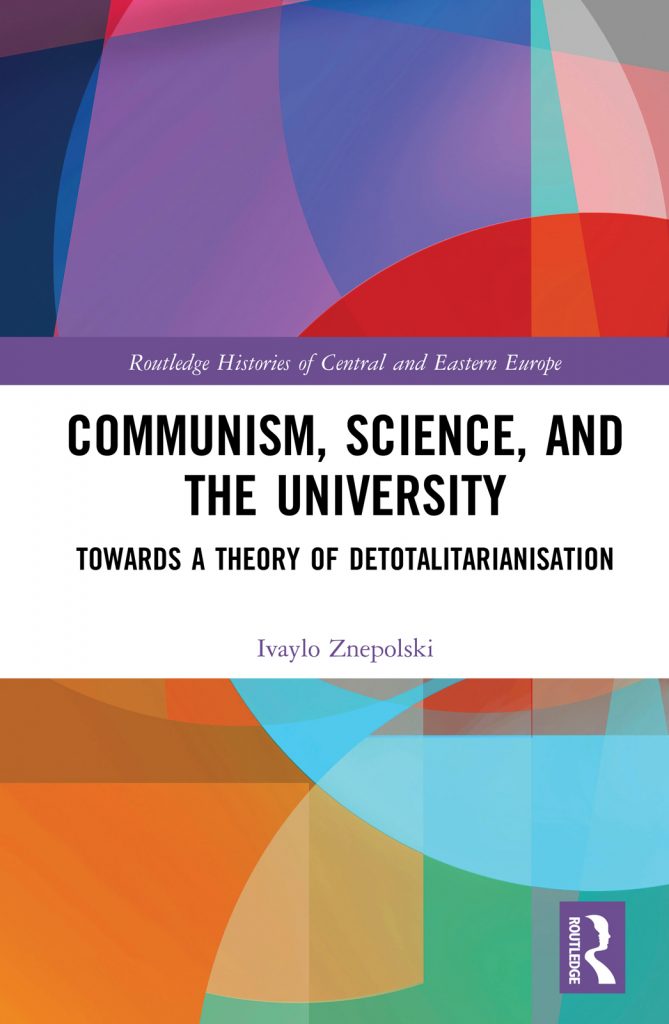More than 30 years after the fall of Communism, Bulgarian society is still striving to make an adequate and informed assessment of its recent past. While Communism is behind us, it has not been entirely cast off. Networks and connections between the old Communist regime and present-day political or public figures still persist. Our society lacks a clear understanding of what is right and wrong, and what constitutes the authentic values of democracy versus what is inconsistent with them.
Every day, we encounter signs in various areas of life that subtly rehabilitate events, people, or cultural traits from the Communist regime. While these instances may seem isolated and unlikely to alter our social or political development, their accumulation has caused considerable confusion in Bulgarian public life, particularly in the education of the younger generation.
Main Partners and Donors:
- New Bulgarian University
- Trust for Civil Society in Central and Eastern Europe
- America for Bulgaria Foundation
- Open Society Institute
- Sofia University “St. Kliment Ohridski”
- Sofa Platform
About the Institute:
The Institute for Studies of the Recent Past is a none-governmental research organization (since 2022 administratively integrated within the New Bulgarian University) founded in 2005 by Prof. Ivaylo Znepolski, lecturer at St. Kliment Ohridski University of Sofia, Dimitry Panitza, chairman of the Free and Democratic Bulgaria Foundation and Lenko Lenkov, historian.
Mission:
The Institute encourages and supports research of modern Bulgarian history.
As political life normalizes, mere verbal condemnations of Communism seem outdated; they risk alienating people and provoking accusations of primitive anti-Communism. To move beyond superficial critiques, we need to offer a fresh perspective on the history of Communist ideas and rule in Bulgaria through rigorous studies of specific periods, events, social groups, and individuals.
The Institute leverages advancements in modern social and humanitarian sciences to conduct a comprehensive study of the Communist regime. This examination extends beyond its ideological and political aspects to include historical, psychological, social, and anthropological perspectives. While it is crucial to explicitly identify the regime’s crimes, it is equally important to analyze its evolution over the years to uncover hidden patterns and enduring characteristics.
Daily life under the Communist system needs to be studied in detail: its labour practices; its social policies; its tough and milder forms of repression; its family life; the structure and operation of the Communist Party; the clashes of interests and controversies within it; the relationship between the party’s leadership and its base membership; the state of its cultural and intellectual life and the different forms of resistance, from passive disagreement to all-out dissidence; and the dynamics of the relationship between the regime and society as a whole.
Activities:
- Conduct research projects of different periods of modern Bulgarian history and provide organizational and financial support for teams of scientists or experts, as well as individual researchers, assigned to do this work.
- Provide scientific, methodological and financial support for young specialists working in the field of modern Bulgarian history, including short-term grants and special seminars.
- Publish books based on the results of research projects carried out by the Institute or thematically related to its interests.
- Hold conferences and seminars based on the Institute’s research projects or on related topics.
- Organize exhibitions, thematically linked to modern Bulgarian history, as well as eventually founding a museum with documents and artefacts from the recent past.
- Foster cooperation with similar institutions in other Eastern and Central European countries and Russia, in order to share expertise and work on joint research projects.
- Establish a comprehensive database in the field of modern Bulgarian history, through questionnaires, interviews, archival studies, and a thorough examination of memoirs and books covering the period.
- Present the results of the research teams’ work to interested educational and other public institutions, as well as maintain a constant effort to disseminate them to the general public.
President of the Institute and Scientific Director of Research Programmes: Prof. Momtchil Metodiev
Members of the Managing Council:
- Momchil Metodiev
- Ivaylo Znepolski †
- Boryana Dimitrova
- Dimiter Dimov
Academic Advisory Council:
- Tzvetan Todorov † (Paris): political philosopher, corresponding member of the Institute;
- Ivaylo Znepolski † : philosopher, semiotician and social historian, Sofia University;
- Daniel Vatchkov: historian, professor at the Bulgarian Academy of Sciences, Institute of Historical Studies;
- Daniela Koleva: anthropologist, professor at the Sofia University;
- Galina Goncharova: historian, anthropologist, associate professor at the Sofia University;
- Georgi Gospodinov: writer and publicist, associate professor at the Literature Institute of the Bulgarian Academy of Sciences;
- Ivan Elenkov: historian and cultural theoretician, professor at Sofia University;
- Lilia Topouzova: historian, professor at the University of Toronto;
- Momchil Metodiev: historian, professor at the New Bulgarian University;
- Martin Ivanov: historian, associate professor at the Sofia University;
- Michail Gruev: historian, associate professor at the Sofia University, Faculty of History;
- Rayna Gavrilova: historian, anthropologist, professor at the Sofia University.



